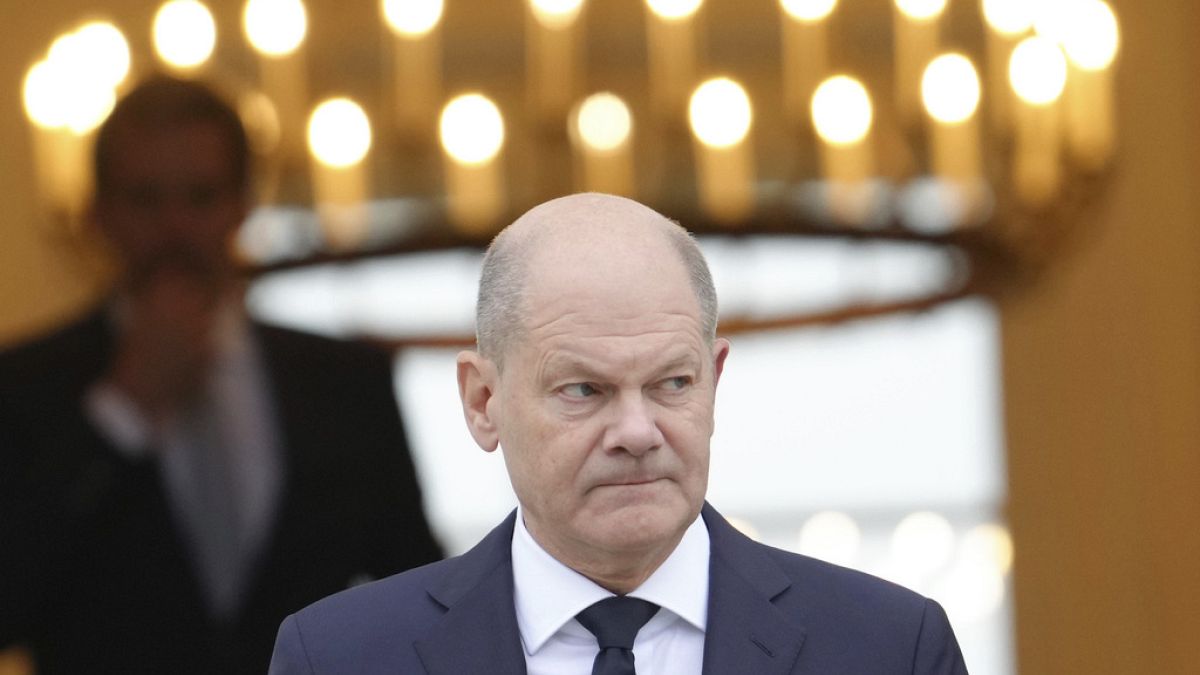Irish economy likely to lag in 2024 as multinational sector declines

The European Commission expects the Irish economy to decline in 2024. However, growth is expected to pick up pace again in 2025, before stabilising in 2026.
Ireland’s gross domestic product (GDP) is estimated to fall by 0.5% this year, according to the recently released Autumn 2024 Economic Forecast report by the European Commission. This is primarily because of the multinational sector dwindling in the first half of 2024.
However, economic growth is likely to pick up in 2025, with GDP expected to rise to 4% next year, as well as 3.6% the following year.
The Irish inflation rate is expected to be 1.4% in 2024 and 1.9% in 2025, while dipping back again to 1.8% the following year.
The country’s unemployment rate is estimated to touch 4.4% this year, before plunging to 1.4% in 2025, and decreasing further to 1.3% in 2026.
Gross public debt, represented as a percentage of GDP, is likely to be 41.6% this year, before falling to 38.3% in 2025. In 2026, this number is expected to be 36.8%.
The rise in economic growth in 2025 is expected to be because of a better external environment, as well as a stronger labour market overall.
EU growth expected to pick up pace in 2025
Regarding the EU economy as a whole, the Commission believes that it is now growing modestly again, mainly because of the continuing disinflation process. This is after a significant period of stagnation.
The Autumn Forecast expects EU GDP growth to be 0.9% this year, before increasing to 1.5% next year and further to 1.8% the following year. The EU inflation rate is expected to average about 2.4% in 2024, before declining to 2.1% next year. In 2026, the EU inflation rate is likely to be 1.8%.
Valdis Dombrovskis, the executive vice-president of the European Commission for An Economy That Works For People, said in the Autumn 2024 Economic Forecast report: “With the EU economy steadily recovering, growth should pick up more speed next year with rising consumption, thanks to increased purchasing power and still record-low unemployment, and an expected improvement in investment levels.
“Still, given today’s high geopolitical uncertainty and many risks, we cannot afford to be complacent. We need to deal with longstanding structural challenges, raise productivity and make sure that the wider EU economy stays globally competitive. It is vital for Member States to carry out all reforms and investments in their Recovery and Resilience Plans and reduce public debt levels in line with the new fiscal rules.”
Paolo Gentiloni, the European commissioner for Economy, also said in the report: “The European economy is slowly recovering. As inflation continues to ease and private consumption and investment growth pick up, with unemployment at record lows, growth is set to gradually accelerate over the next two years. However, structural challenges and geopolitical uncertainty weigh on our future prospects.
“Member States will have to walk a narrow path of bringing down debt levels while supporting growth, aided by the new economic governance framework and the continued implementation of NextGenerationEU. Looking ahead, strengthening our competitiveness through investments and structural reforms is crucial to lift potential growth and navigate rising geopolitical risks.”
World News || Latest News || U.S. News
Source link



